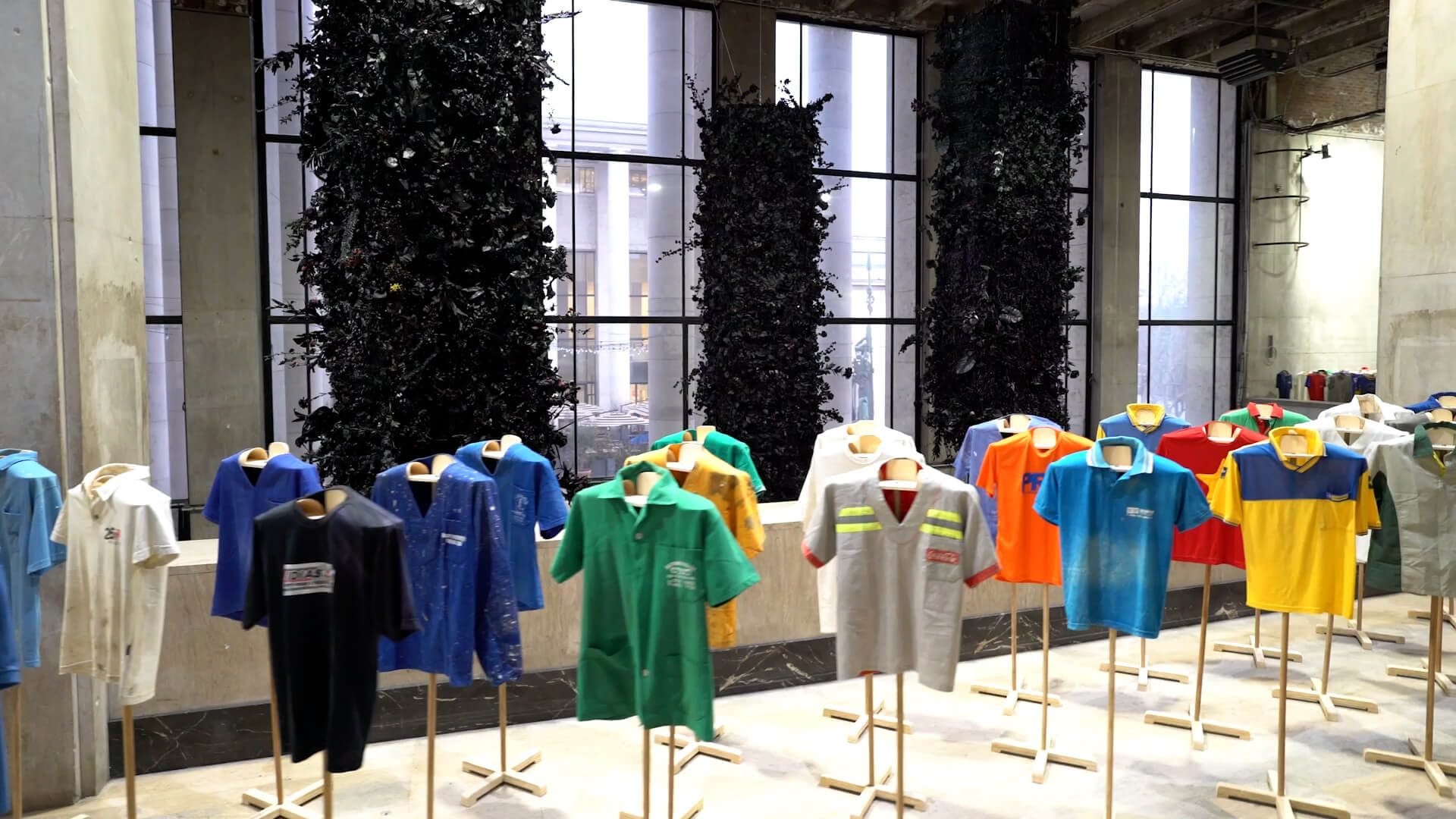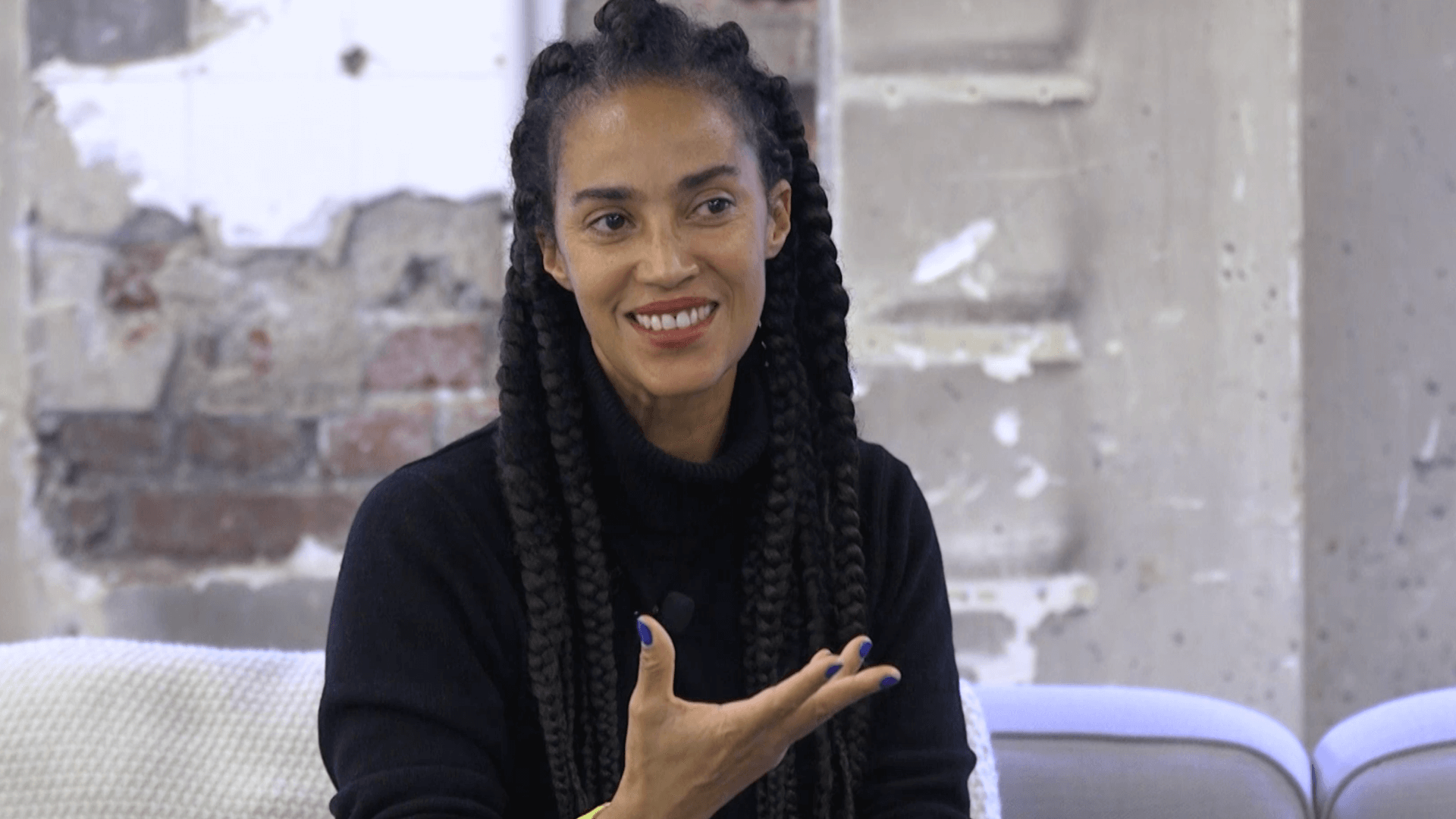SEARCH THE ENTIRE SITE

Ubuntu, nite and humanism
By Souleymane Bachir Diagne
Nit nitay garabam (Man is the remedy for man) is a Wolof proverb frequently cited by Senegalese people in their daily interactions. It is nothing more than a proverb, of course, nothing other than an example of the wisdom of nations found in all human societies, and which always, everywhere, is chalk full of maxims that say everything and their opposite. Except when, as philosophers, we examine what a proverb tells us about the meaning of “humanism.”
This was done, for example, by Léopold Sédar Senghor (1906–2001), the first president of the Republic of Senegal and also—he would say, above all—a poet, in many passages of his philosophical work. He quoted and analyzed the proverb at length in a speech he gave in 1978 at the International Congress of Jurists in Dakar, organized around the theme of “development and human rights.” The purpose of the meeting was to advance the cause of African states adopting a continental charter of human rights, and Senghor pushed in this direction in his speech on the “philosophical foundations of human rights.” 1 What he was saying then, in substance, was that, far from being something foreign to the cultures and traditions of Africa, a charter of human rights would, on the contrary, be a modern translation of the meaning given to humanism by this maxim: man is the remedy of man.
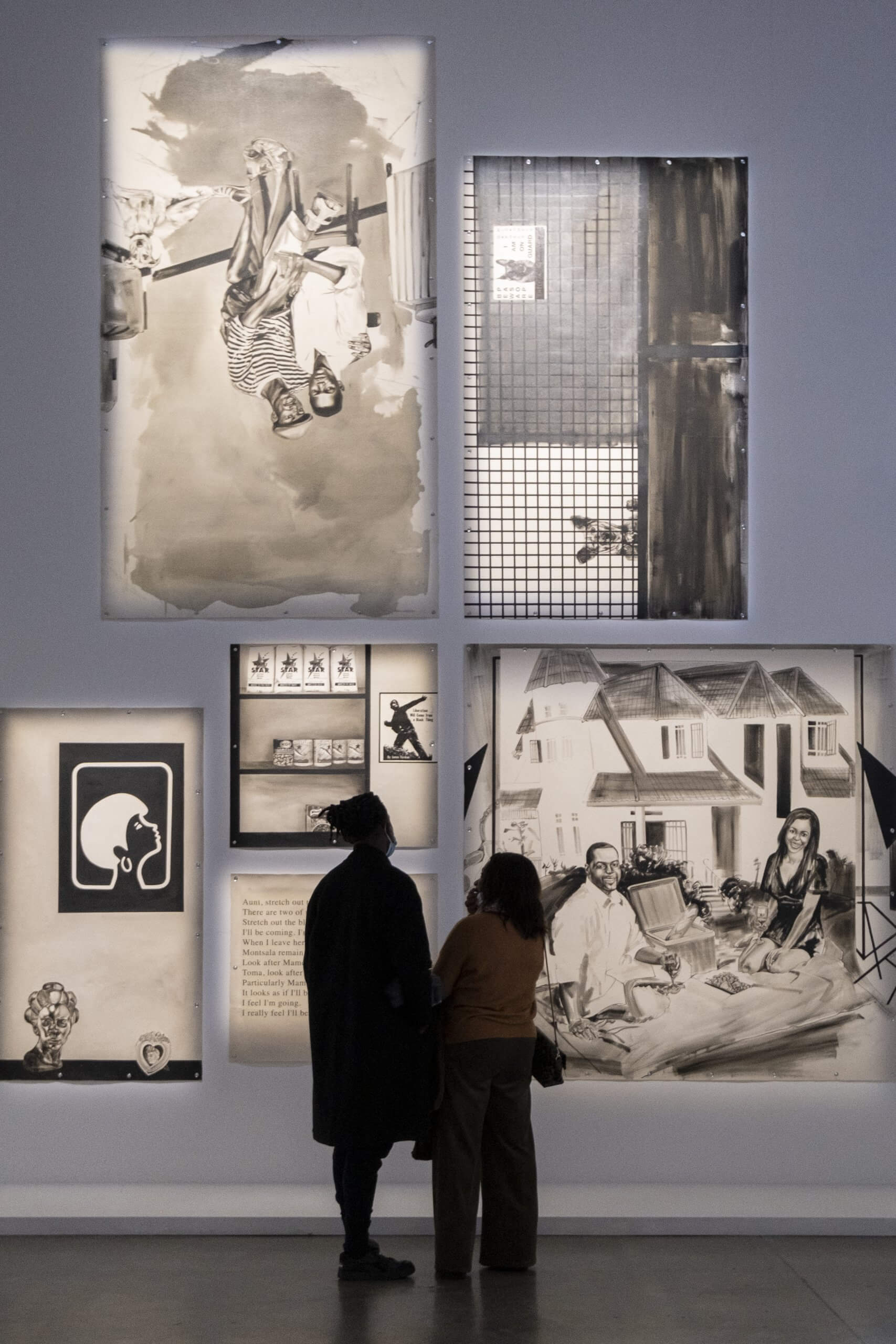
But first, why remedy? What malady are we curing? The answer is: the malady of not being human enough yet. The malady of still being short of where we have to be. Because to say that man is the remedy of man is to say that humanity is not a state but a becoming and a task, and that my neighbor is someone who helps me accomplish that. One is not born but rather becomes human.
Moreover, the Wolofs clearly manifest this sense of becoming-human when, playing on words, they sometimes formulate the proverb as nit nitey garabam. Changing one vowel in the proverb (nitay becoming nitey) makes the sentence: “the remedy for humans is to become (to manifest as) human.”
Here we should point out that, unlike the stereotype of African societies as essentially collectivist totalities where the individual is nothing, and only has duties toward the group, which is the sole bearer of rights, what the humanism of nit nitay garabam says is that the function of the group is to accompany and aid the individual in becoming-a-person, becoming human (in Wolof, nite).
We might also note the kinship between nite and a word in the Bantu languages of South Africa, popularized by Desmond Tutu and Nelson Mandela, which figures prominently today in the constitution of the country they contributed so much to liberating from apartheid: ubuntu.
The semantic field of this word is very rich. And so linguists teach us that it means “humanity,” in general, the fact of showing humanity, in particular, that it translates belief in a universal bond, but
also respect, human dignity, compassion, solidarity, loyalty, and even consensus…. We know that the use of a word is what determines its particular meaning and makes it a concept. This is precisely the role it played in the new South Africa, where it became a concept of law, a concept of transitional justice, and a philosophical concept.
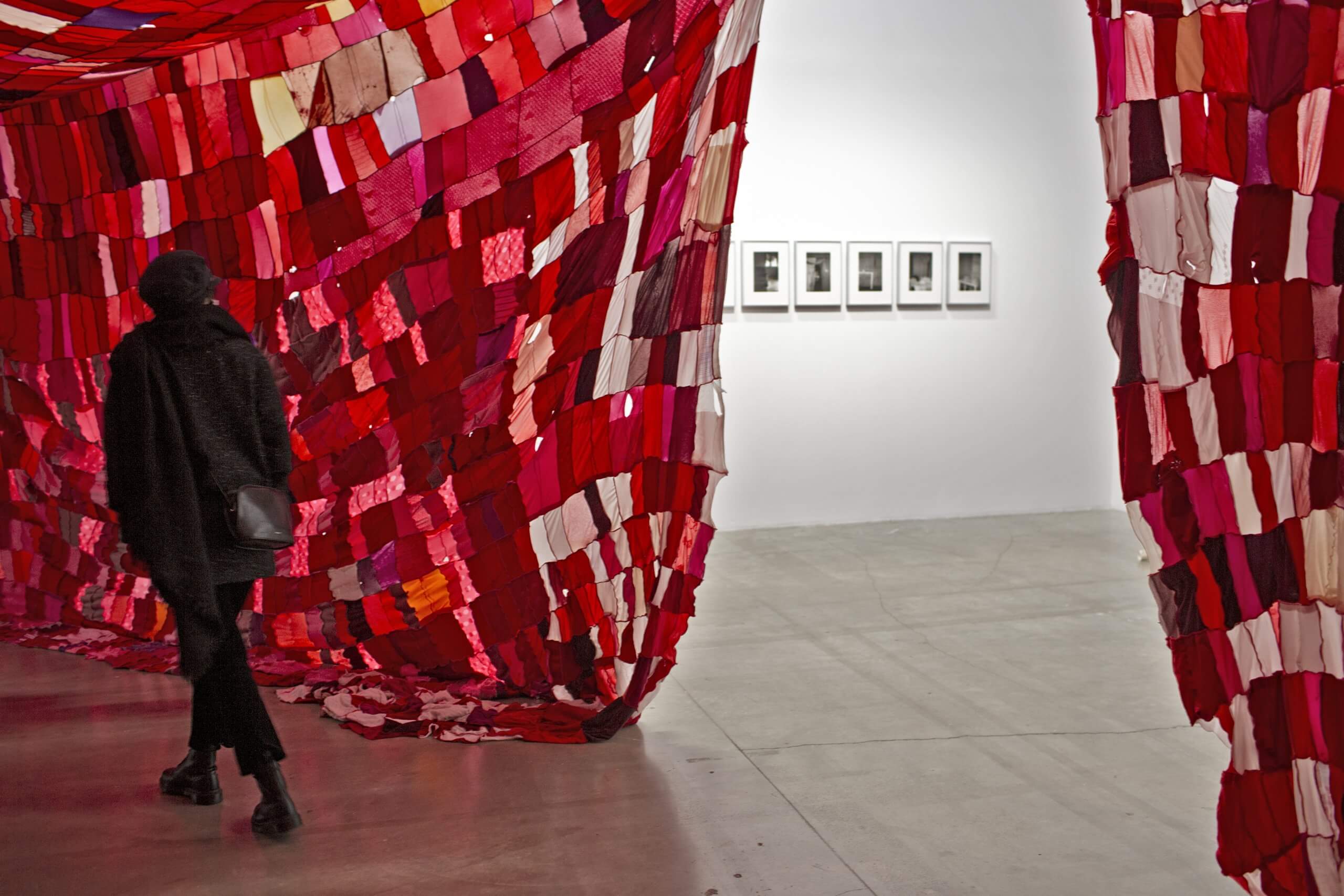
When the situation in their country in the early 1990s required a plan and a policy of national reconciliation between the executioners and victims of apartheid, which they alone could undertake, Mandela and Tutu proposed through the Truth and Reconciliation Commission (you could say: truth for reconciliation) the idea of a transitional justice that was founded on ubuntu: that is, justice, with the goal not of punishing but of manifesting the truth, with the goal of allowing all to move forward together toward a common future.
In the moving eulogy American president Barack Obama gave for Nelson Mandela at his funeral on December 10, 2013, he said that the man who led South Africa toward democracy by liberating both the prisoner and his jailer from oppression was the personification of ubuntu, which he offered as a gift to his people and humanity. Obama defined the word in these terms: “There is a word in South Africa—ubuntu—that describes his greatest gift: his recognition that we are all bound together in ways that can be invisible to the eye; that there is a oneness to humanity; that we achieve ourselves by sharing ourselves with others, and caring for those around us.” This definition echoed the one Mandela himself gave of it in an interview, where he declared, after mentioning several possible ways of understanding this term, that ultimately ubuntu meant “finding a way to make the community better.”
Let’s consider the gift of ubuntu that President Obama spoke of as Mandela’s legacy to his people. We owe it to the truth to say that South African youth today, while still profoundly attached to the memory of the man they affectionately call Madiba, feel it is time to come back from what seems to them to be ubuntu’s lyrical illusion. This youth gets the sense, which corresponds to the reality of the situation they are experiencing, that the injustice of apartheid based on racism gave way to the injustice of economic inequality and the inequality of opportunity that generally maintains the same distribution of positions among Whites and Blacks of South Africa. And this keeps them apart, even though apartheid laws have disappeared.
Did ubuntu fail to fulfill its promise? No: instead it has yet to come. The new apartheid—we should recall its first meaning: separate development—is now economic and social inequality; this means we don’t need less ubuntu but more. Because it falls under the definition of ubuntu, when it is about repairing the tear in the social fabric that is the widening of inequalities.
It was urgent that the end of apartheid not be translated into a cycle of vengeance and violence in the community, but into a way toward a new world to be built together. The ethical-theological ubuntu of Desmond Tutu, and the political ubuntu of Nelson Mandela, responded to this urgency and offered guidance. But ubuntu is a movement that must now be continued in order to fight against inequalities and to promote social justice.
This movement, quite naturally, goes beyond the borders of South Africa. It is true that today ubuntu is a popular notion outside Bantu-speaking regions. Moreover, search engines for this word first turn up a computer operating system that adopted this name to better underscore its free and open character. And to take an example from sports, nothing illustrates the popularity of ubuntu more than the way the concept was invoked by the coach of the Boston Celtics, “Doc” Rivers, when he took on the task of forming a solid basketball team from the constellation of stars he brought together. Let’s make the philosophy of ubuntu our own, he said to his stars, and we will understand that, first, we cannot succeed as a team until each person plays for the others, and, then, that this is the way each will reach the fullness of his talent. It was, indeed, an excellent translation, into the language of sports, of the idea of realizing one’s own humanity while realizing our shared humanity.
Beyond the popular use it might have known, ubuntu is the continuation, on a global level, of the struggle against the tribal politics that South African apartheid was, and the struggle against the degradations to which we are subjecting our planet Earth.
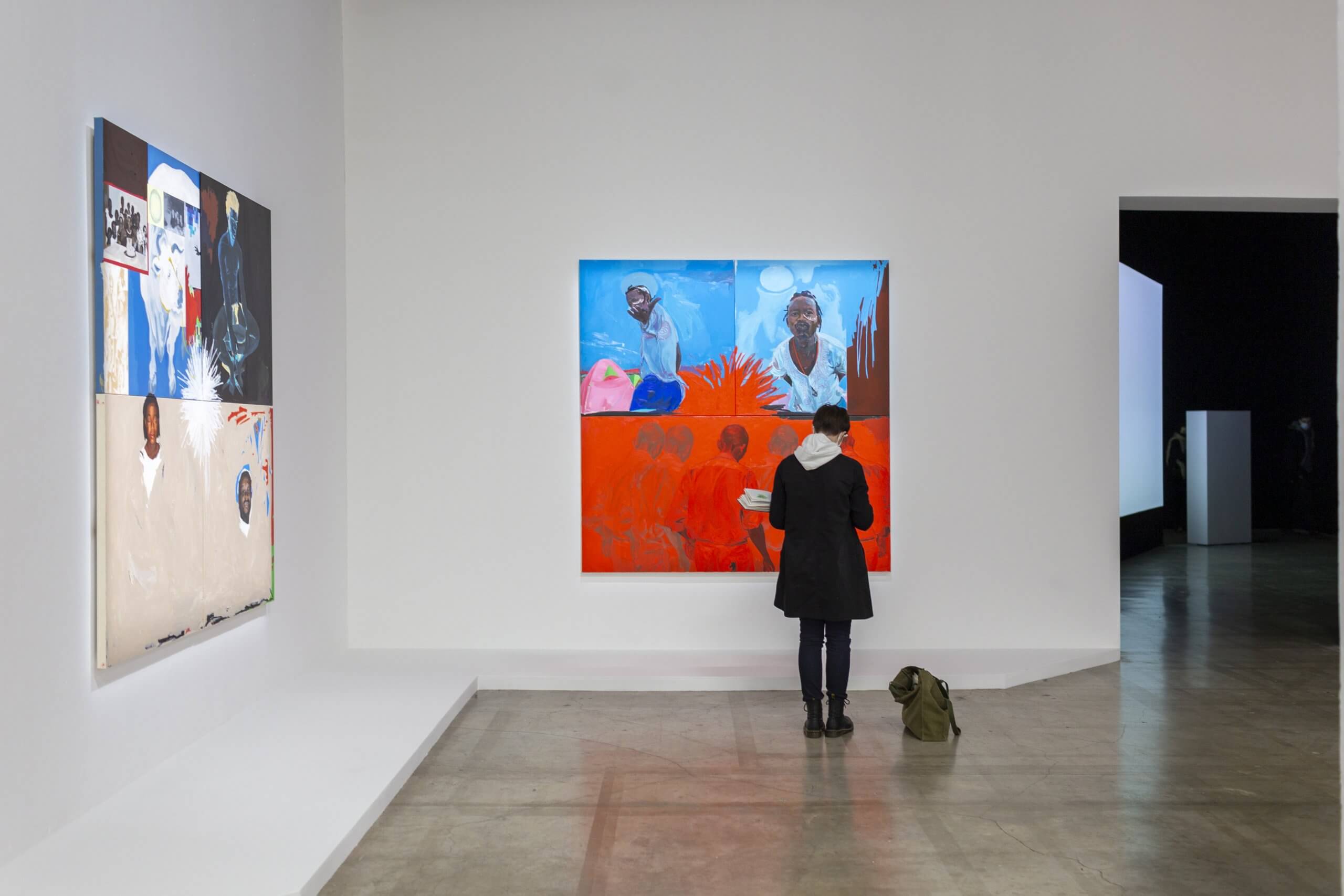
The philosopher Henri Bergson reminds us 2 of the force of the tribal instinct that links us to those we naturally consider “ours,” those who are like us, who speak the same language as us, have the same religion or the same skin color. What unites us as a tribe is the fence we set up around us in order to exclude others. Apartheid was such a politics of walls that wanted to make each identity a Bantustan. Now, the world we live in today, while global in the sense of the “smoothly run” circulation of goods and financial flows, is developing what we call “populisms,” which are ethno-nationalisms, a politics of walls and tribal affiliations. It is not surprising that the discourse of these populisms and their electoral success are constructed by waving, like a scarecrow, the figure of those who “do not belong,” precisely: immigrants, on the one hand, and so-called “cosmopolitan elites,” on the other. Against the instinct of the tribe, says Bergson, there is a movement toward an open society, a politics of humanity that continually pushes back the walls of the polis in its goal of the human city. You don’t access humanity by expanding the tribe, says Bergson, “but by a leap.” It is not instinctive—and yet the impulse that says “make humanity together” has the strength of philosophical reason and, even more, he says, of religion, which, like a fire, can spread the regulating idea that my neighbor does not necessarily mean my kinfolk, or someone who resembles me.
This extraordinary period of the pandemic we are experiencing shows us that humanity is united before an invisible enemy that no wall will stop and that reveals to us, if we didn’t know already, how small our earth is and how finite our world. It also reminds us how vulnerable we are and how, after
the first phase of self-isolation, and boundaries, we need to envision a future of solidarity around human safety, and the value of life. A politics of humanity or ubuntu.
The life it is a matter of protecting is not only human life but all lives on earth. Because the cosmology in which ubuntu draws its meaning is a cosmology of the continuity of the living. The vital principle (ntu) runs through the chain of all beings, from the Force of forces to the mineral. Nothing, therefore, is inert in a universe in which all the living, from God to the pebble, as Senghor says, are in solidarity. Before being translated into person-to-person relations, ubuntu is inscribed in life itself and requires ensuring always strengthening the universal vital principle.
That is why ubuntu, making humanity together and together inhabiting the earth, requires taking care of the earth. The earth is the remedy for the human, and that is why humans have a duty to take care of it.
The way ubuntu has served the political plan for a new post-apartheid South Africa has drawn attention to this concept, particularly among philosophers of law, justice, and ethics. It has also sparked new interest in humanist philosophies of the African continent. And so the connection has been made between ubuntu and the concept of unhu in the Shona language spoken in Zimbabwe. In Malawi the humanism of uMunthu is emphasized, a concept with meanings that largely overlap with those of the word ubuntu. We have seen that this is the case for the word Nite from a Wolof language spoken on the other side of Africa.
It is not a question of drawing any holistic and essentialist vision of an African humanism from these connections. We know by now: Africa is not a country but a continent. This is why the sense of a connection between ubuntu and nite, for example, precisely underscores the fact that the significance these words give to humanism is in no way specific to a society or continent. What they translate is a universal human experience—one that helps us understand and recognize that, yes, in truth, it is through each other and thanks to each other that we will reach our common destination.
Written by : Souleymane Bachir Diagne
Translated by : Jeanine Herman
1 This speech is reprinted in a special issue of the review Éthiopiques, published by Fondation Senghor in Dakar in 2006, dedicated to the centenary of the birth of the president-poet.
2 Henri Bergson, The Two Sources of Morality and Religion, R. Ashley Audra and Cloudesley Brereton with the assistance of W. Horsfall Carter (trans.) (New York, NY: Henry Holt & Co, 1935).
